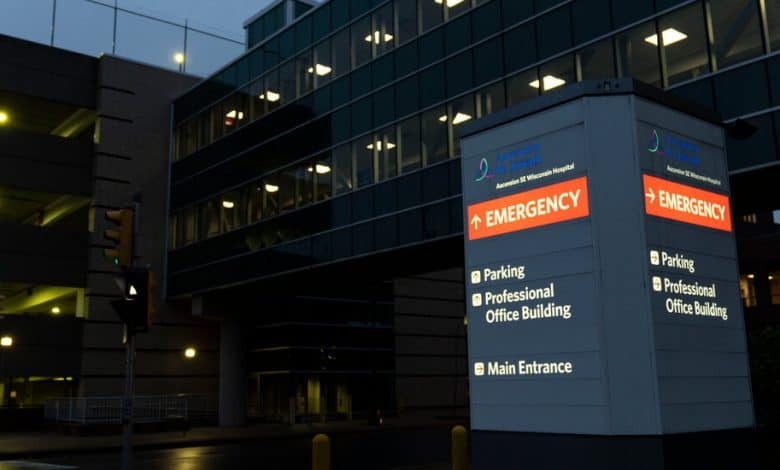Fallout From Cyberattack at Ascension Hospitals Persists, Causing Delays in Patient Care

In more than a dozen states, doctors and nurses have resorted to paper and handwritten treatment orders to chart patient illnesses and track them, unable to access the detailed medical histories that have long been available only through computerized records.
Patients have waited for long stints in emergency rooms, and their treatments have been delayed while lab results and readings from machines like M.R.I.s are ferried through makeshift efforts lacking the speed of electronic uploads.
For more than two weeks, thousands of medical personnel have turned to manual methods after a cyberattack on Ascension, one of the nation’s largest health systems with about 140 hospitals in 19 states and the District of Columbia.
The large-scale attack on May 8 was eerily reminiscent of the hack of Change Healthcare, a unit of UnitedHealth Group that manages the nation’s largest health care payment system. The assault shut down Change’s digital billing and payment routes, leaving hospitals, doctors and pharmacists without ways to communicate with health insurers for weeks. Patients were unable to fill prescriptions, and providers could not get paid for care.
While some earlier cyberattacks affected a single hospital or smaller medical networks, the breakdown at Change, which handles a third of all U.S. patient records, underscored the dangers of consolidation when one entity becomes so essential to the nation’s health system.
Ascension systems remain down indefinitely, but doctors and nurses are working to find ways of getting access to some information about patients’ medical histories by looking at health records kept by other providers. Ascension is also telling doctors and nurses that they will soon be able to see existing digital records.